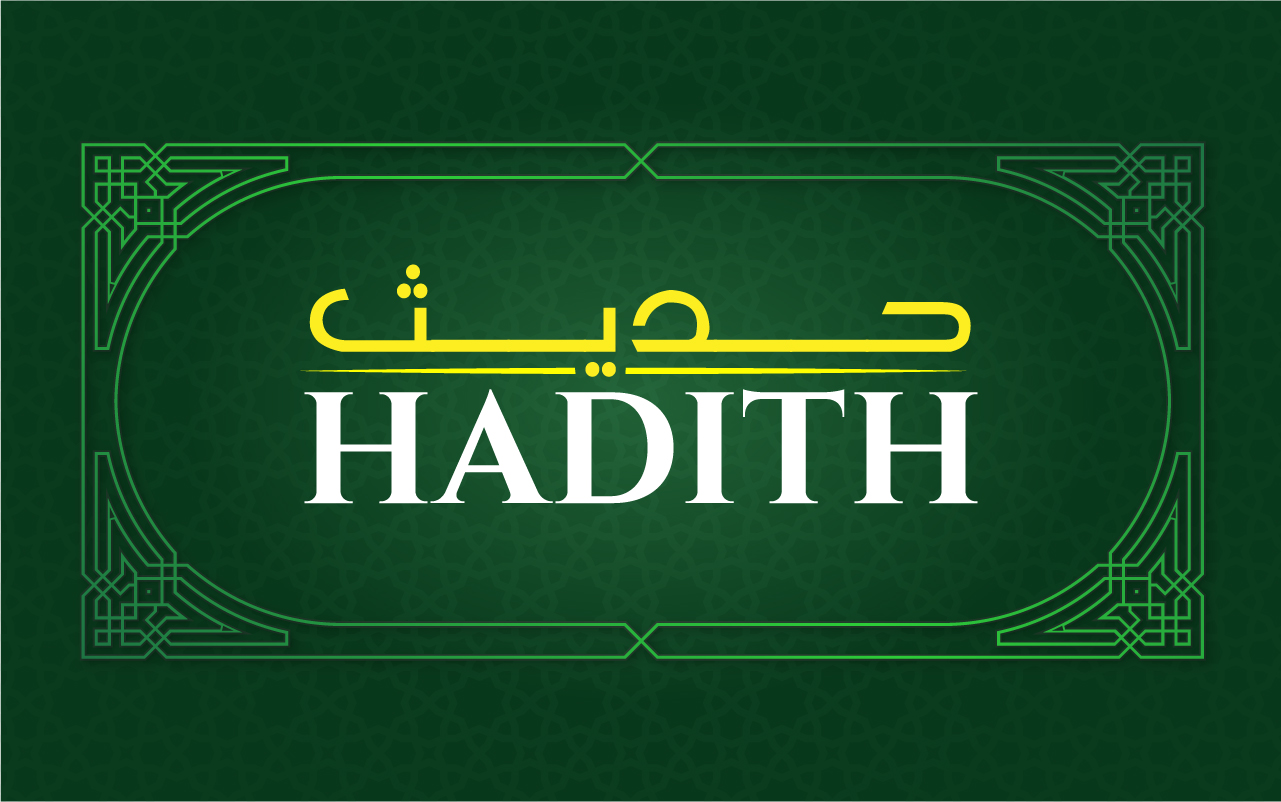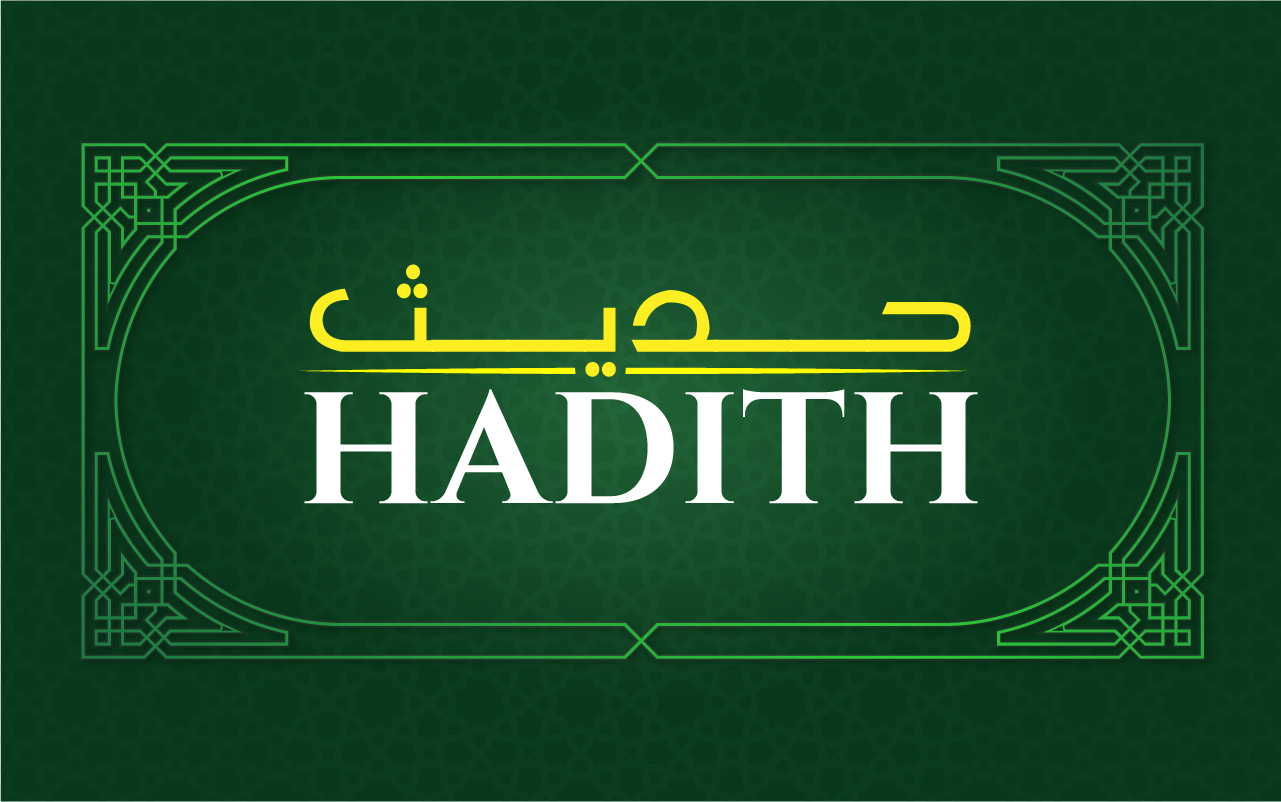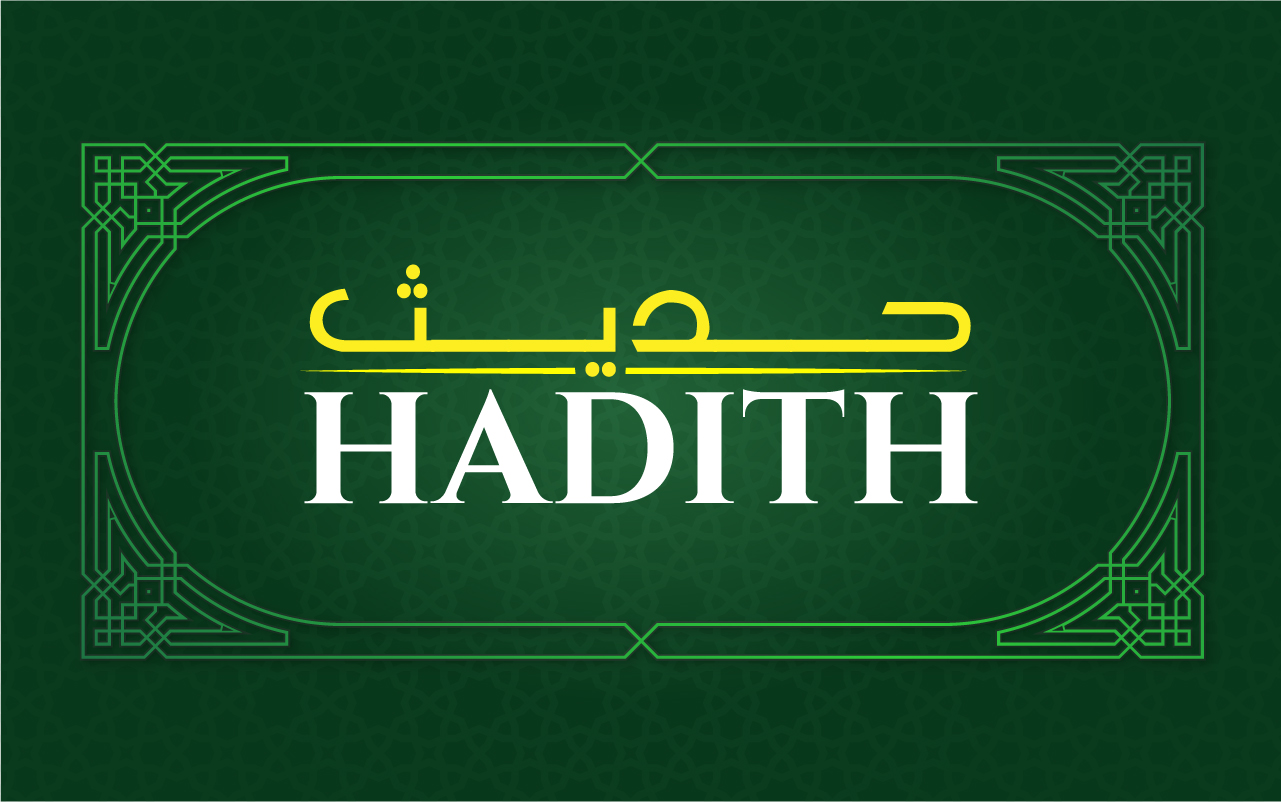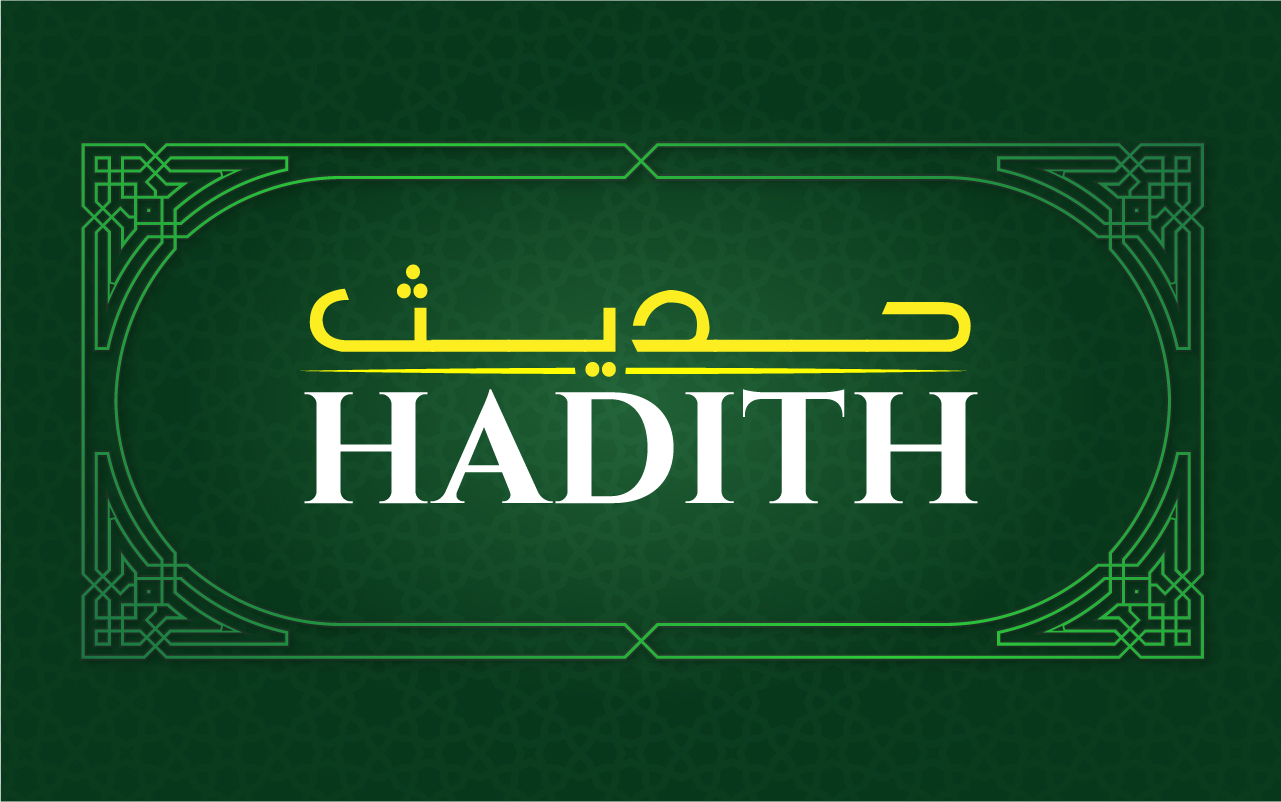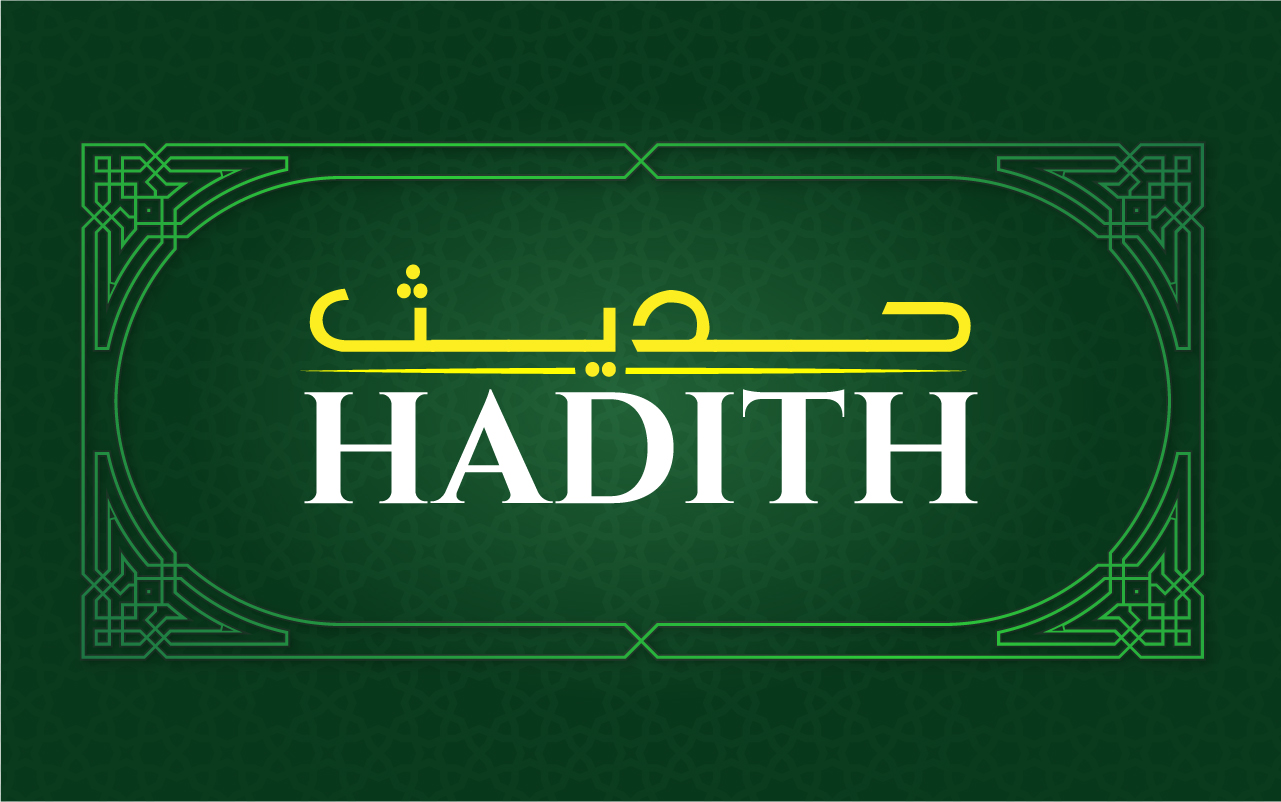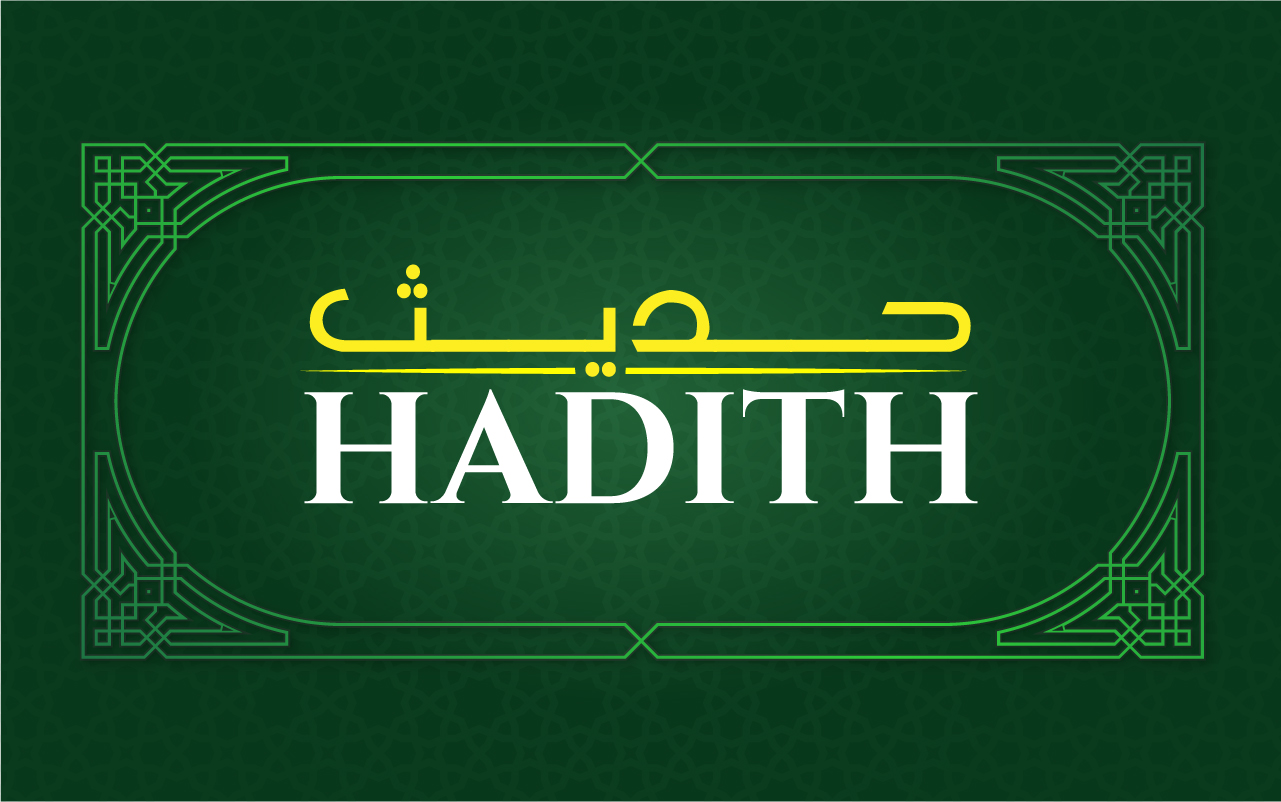What is Hadith Qudsi?
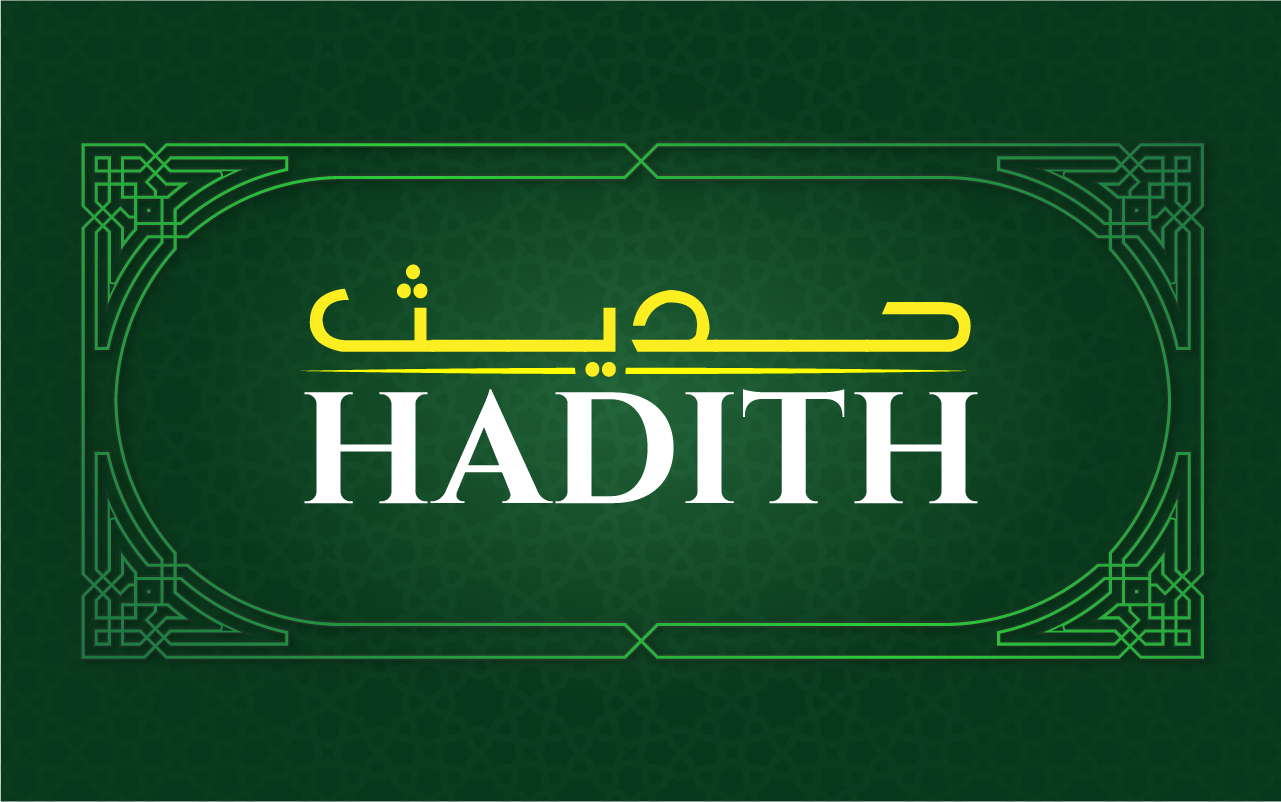
What is Hadith Qudsi?
Hadith Qudsi refers to a specific category of Hadith in Islamic tradition, where the sayings of the Prophet Muhammad (peace be upon him) are reported to convey divine messages or meanings directly from Allah (God). Unlike regular Hadith, which narrate the Prophet's words, actions, or approvals, Hadith Qudsi presents the content as revelations from Allah, though they are conveyed in the Prophet’s own words.
Characteristics
Hadith Qudsi differs from the Quran in several ways. While the Quran is considered the literal word of Allah, Hadith Qudsi is not recited in prayers and is not part of the Quranic text. Instead, it serves as supplementary guidance, offering insights into Allah's attributes, the relationship between the Creator and His creation, and the moral and ethical teachings of Islam. The divine origin of these sayings is acknowledged, but they are reported through the Prophet, who interprets and relays them to humanity.
Examples and Themes
Many Hadith Qudsi address themes such as Allah's mercy, forgiveness, and justice. They often provide profound insights into human behavior and spirituality, encouraging Muslims to cultivate a closer relationship with Allah. For example, one well-known Hadith Qudsi emphasizes Allah's mercy by stating that if a servant repents, Allah is more pleased with their repentance than a person who finds their lost treasure.
Importance
Hadith Qudsi is highly regarded in Islamic scholarship and is used to illustrate key theological concepts. Scholars study these Hadiths to understand better the nature of God and His expectations from humanity. They are also significant for guiding personal conduct, prayer, and spirituality, offering Muslims a deeper understanding of their faith and encouraging a reflective relationship with Allah.
